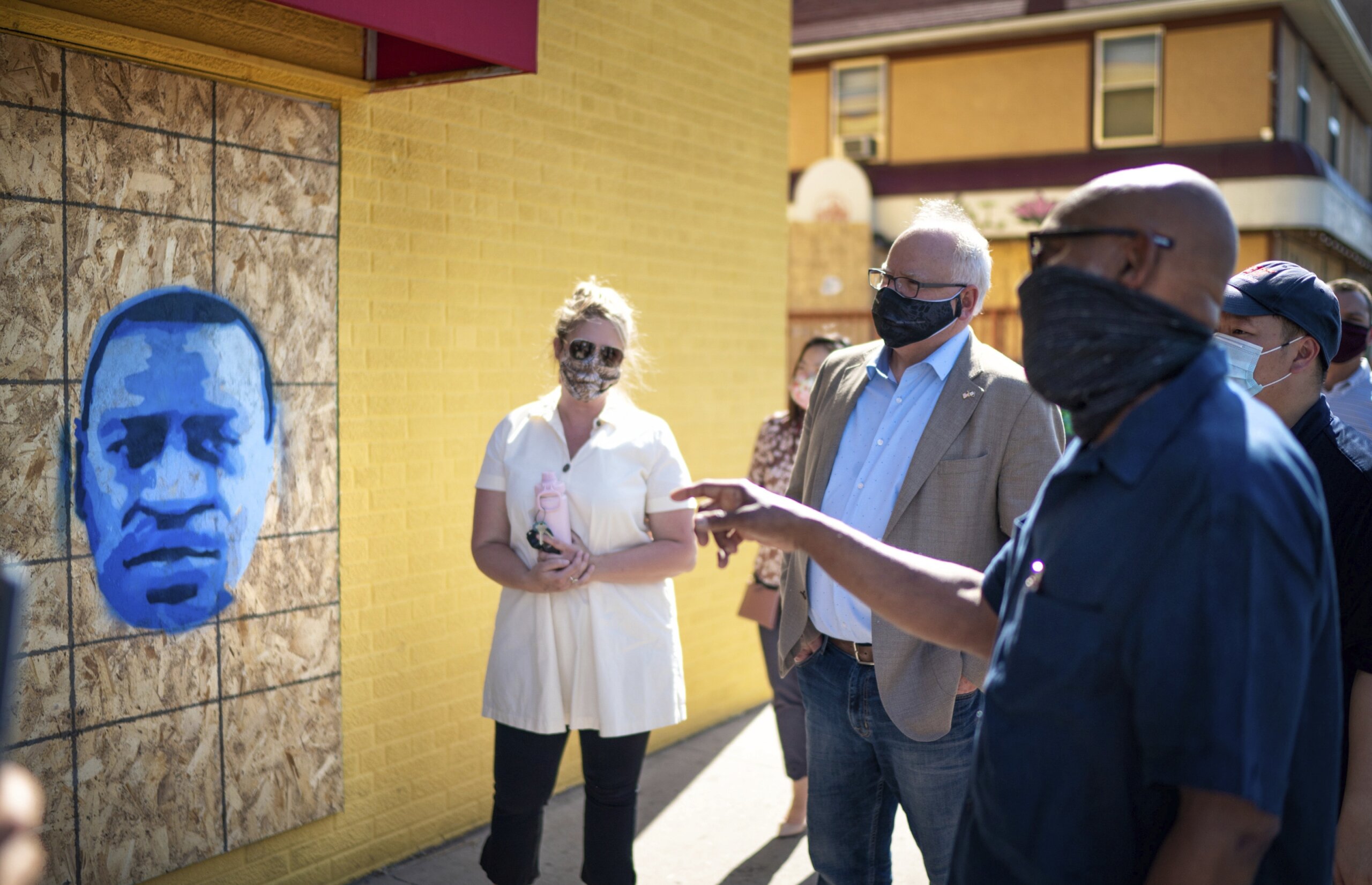Gov. Tim Walz faced significant challenges during the protests and riots that erupted in Minnesota’s largest cities following the murder of George Floyd by a police officer. The governor’s response drew criticism from both Republicans and progressives, who questioned his leadership and actions. Despite the criticism, Walz defended his decision-making during the crisis, stating that he prioritized public safety and worked to balance conflicting pressures from local and federal authorities.
The aftermath of Floyd’s murder tested Walz’s leadership and led to calls for police reform in Minnesota. Two external reviews highlighted shortcomings in both the city’s and state’s responses to the unrest. While Walz urged lawmakers to implement changes in policing, some activists have criticized him for being too sympathetic to law enforcement.
Despite the criticism, political allies and leaders such as Attorney General Keith Ellison have defended Walz’s response, noting his efforts to seek justice and implement reforms. Civil rights attorney Ben Crump praised Walz as a concerned and compassionate leader who advocated for important police reform legislation following Floyd’s murder.
In the midst of the ongoing debate over policing and racial justice, Gov. Tim Walz’s actions and decisions during the crisis continue to be scrutinized. As a result, Walz remains a central figure in the conversation surrounding police accountability and reform in Minnesota.
Source
Photo credit wtop.com




